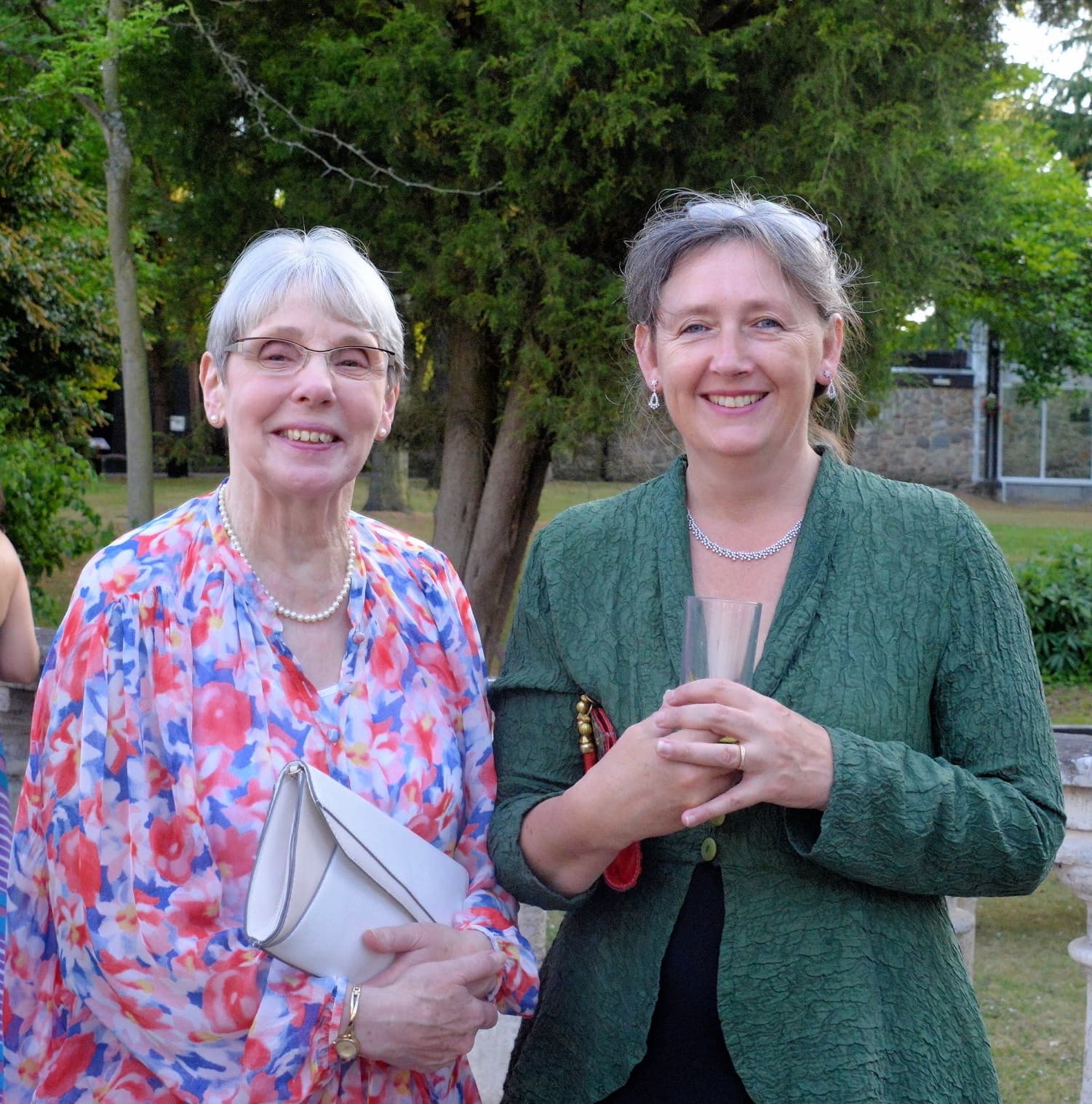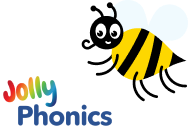Improvements in Early Grade Literacy
See Jolly Futures Learners Reading Fluently


Jolly Phonics is the world’s leading systematic synthetic phonics programme. Synthetic phonics involves teaching the main 42 English letter-sounds in isolation, whilst simultaneously teaching children how to form, blend and segment these sounds to read and write words. Children are also taught “tricky words” that do not follow the sound system.
The programme was created by international reading experts Sue Lloyd and Sara Wernham and is published by one of UK’s leading educational publishers, Jolly Learning Ltd. With Jolly Phonics, the synthetic phonics skills are taught alongside culturally appropriate stories, songs and actions that make learning to read and write multi-sensory, child-centred and lots of fun!

Why Teach Literacy Through Systematic Synthetic Phonics?
Systematic synthetic phonics is very effective because it provides children with the skills needed to crack the code of the English language. By being taught on a daily basis, these skills are reinforced until they become automatic for the child. By focusing on the systematic teaching of core literacy skills, rather than on memorisation, synthetic phonics works for all children.
Indeed, systematic synthetic phonics has been proven to be the most effective method for teaching children how to read and write in English and is equally as effective for children learning English as an additional language as it is for children learning English as a first language. There have been extensive studies and systematic reviews proving this time and time again.
Our Projects Rapidly Improve Literacy Learning Outcomes
With a high-quality programme based on a proven approach, it is no surprise that our projects persistently achieve improvements in literacy learning outcomes, usually much more so than other local literacy interventions! Here is a snippet of some of our results, and you can read much more on our Projects and Impact pages.
Akwa Ibom State, Nigeria
With a high-quality programme based on a proven approach, it is no surprise that our projects persistently achieve improvements in literacy learning outcomes, usually much more so than other local literacy interventions! Here is a snippet of some of our results, and you can read much more on our Projects and Impact pages.Download Report
Eastern Cape, South Africa
With a high-quality programme based on a proven approach, it is no surprise that our projects persistently achieve improvements in literacy learning outcomes, usually much more so than other local literacy interventions! Here is a snippet of some of our results, and you can read much more on our Projects and Impact pages.Download Report
Kilifi County, Kenya
With a high-quality programme based on a proven approach, it is no surprise that our projects persistently achieve improvements in literacy learning outcomes, usually much more so than other local literacy interventions! Here is a snippet of some of our results, and you can read much more on our Projects and Impact pages.Download ReportLusaka and Copperbelt Provinces, Zambia
With a high-quality programme based on a proven approach, it is no surprise that our projects persistently achieve improvements in literacy learning outcomes, usually much more so than other local literacy interventions! Here is a snippet of some of our results, and you can read much more on our Projects and Impact pages.Download ReportWhat do Teachers Say About Jolly Phonics?
 “Jolly Phonics is so fantastic. My pupils learn so easily with it and we all have fun together! The children now call me Jolly Auntie and sing the songs and do the actions during play time together.”Patience, Nigeria
“Jolly Phonics is so fantastic. My pupils learn so easily with it and we all have fun together! The children now call me Jolly Auntie and sing the songs and do the actions during play time together.”Patience, Nigeria I like Jolly Phonics because it assists the pupils to learn pronounce the sounds correctly. It helps even the weak learners. Last year 3⁄4 of my pupils in class 1 could not even read ‘cat’ but after using Jolly Phonics all my class can read so well.”Madam Mwanasha, Kenya
I like Jolly Phonics because it assists the pupils to learn pronounce the sounds correctly. It helps even the weak learners. Last year 3⁄4 of my pupils in class 1 could not even read ‘cat’ but after using Jolly Phonics all my class can read so well.”Madam Mwanasha, Kenya